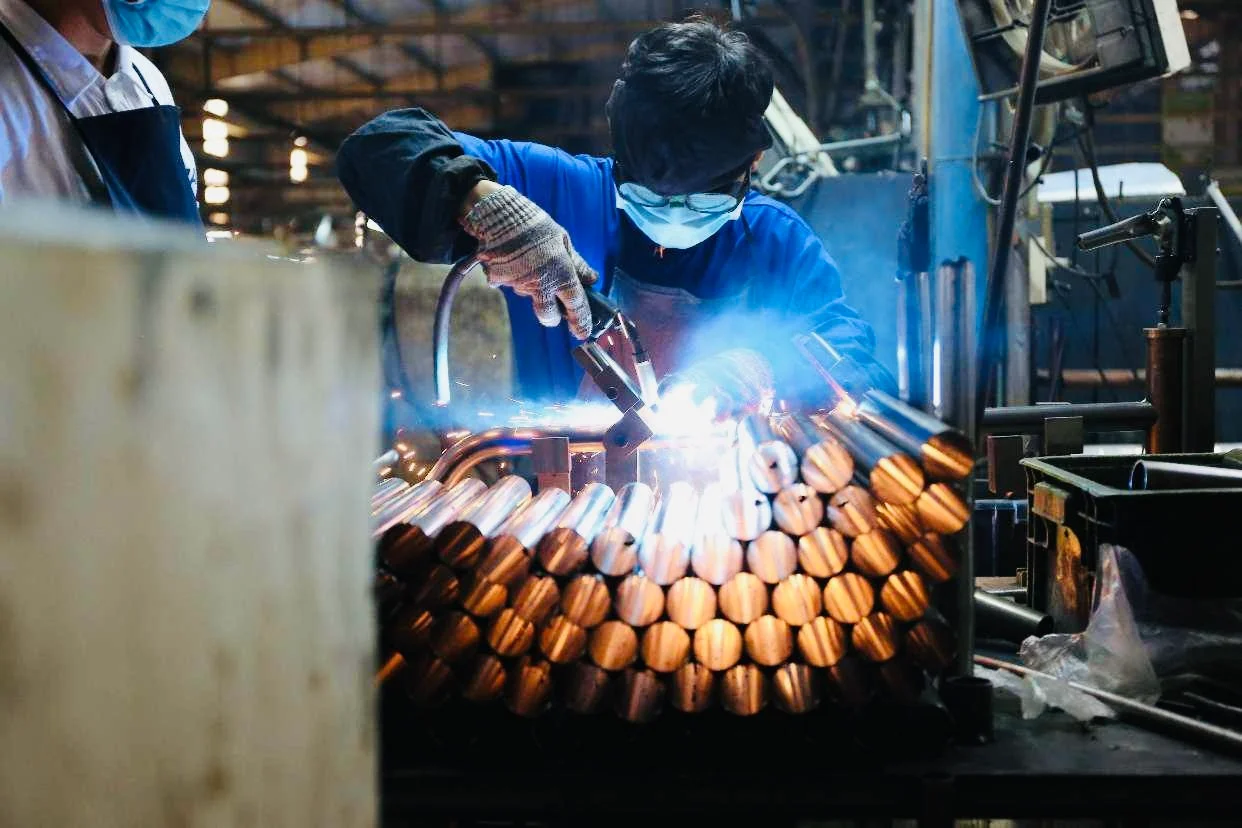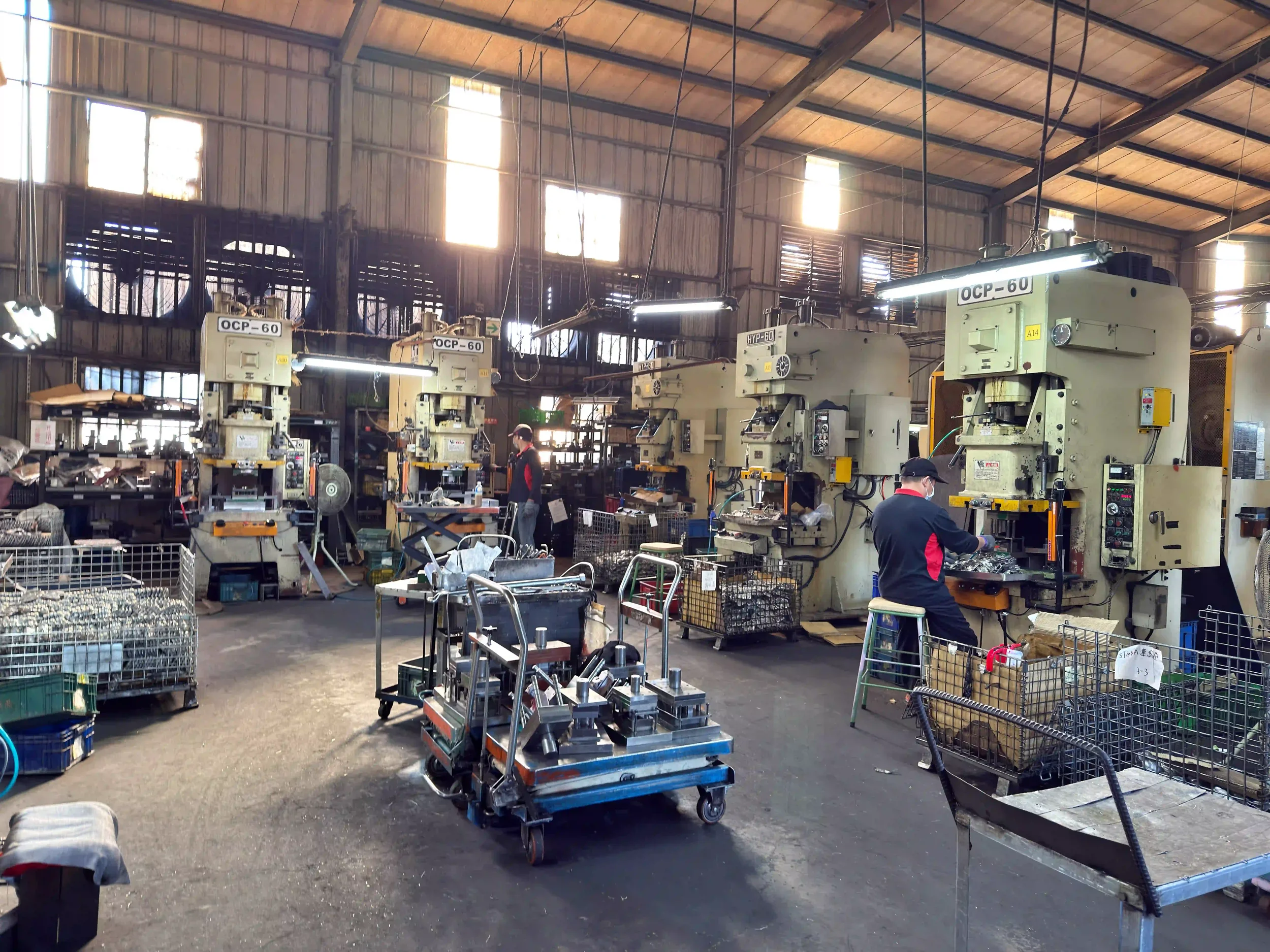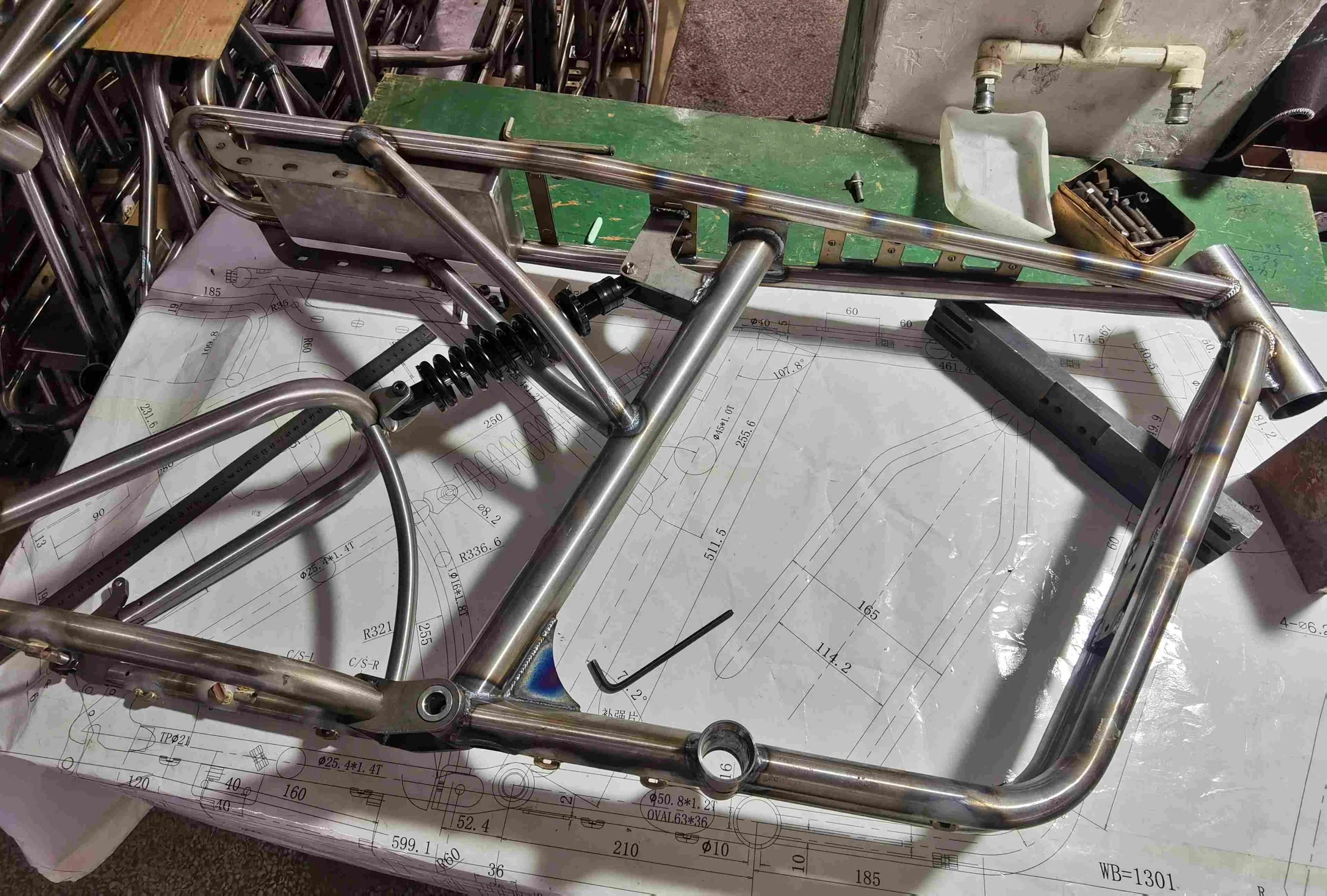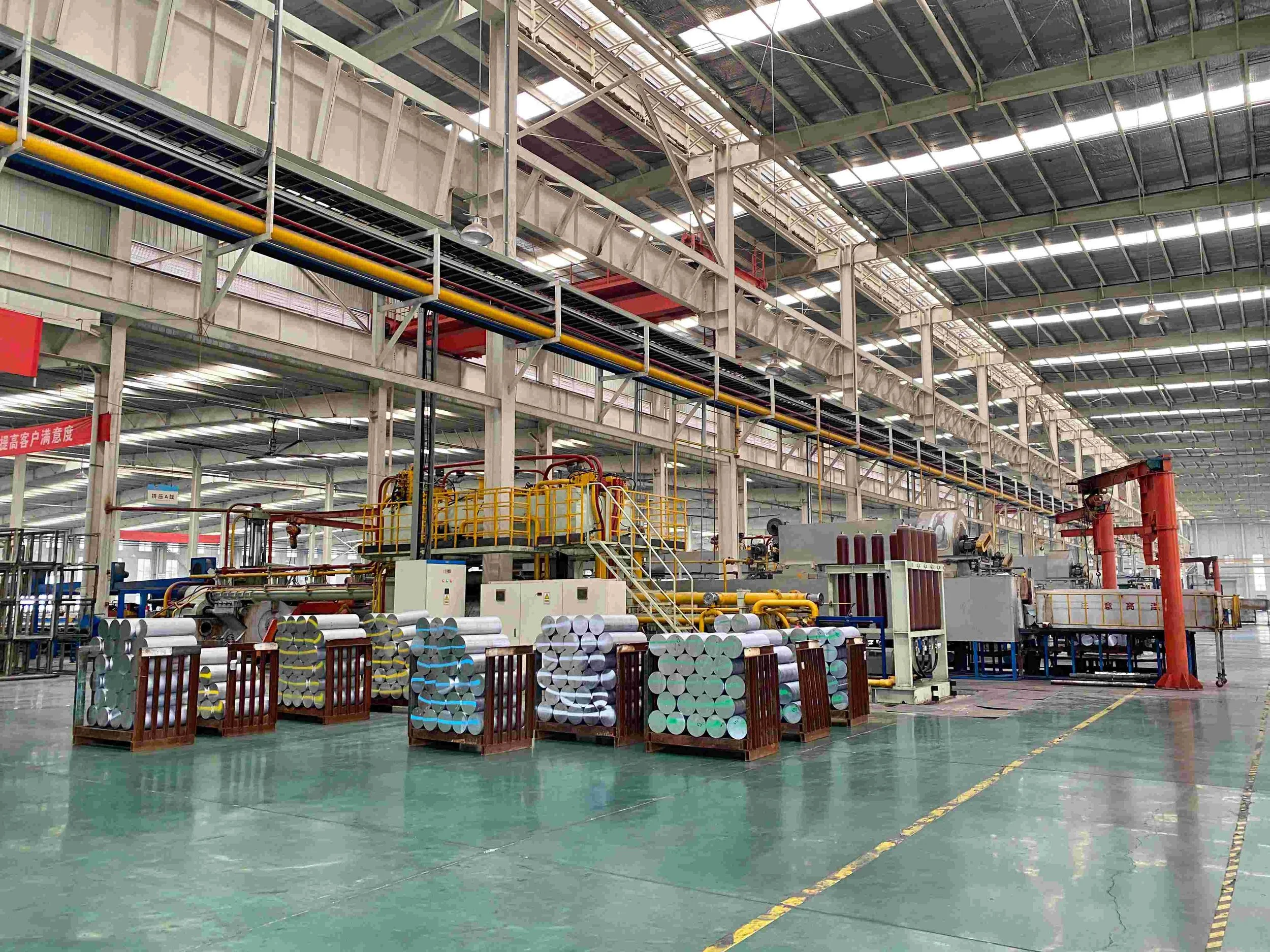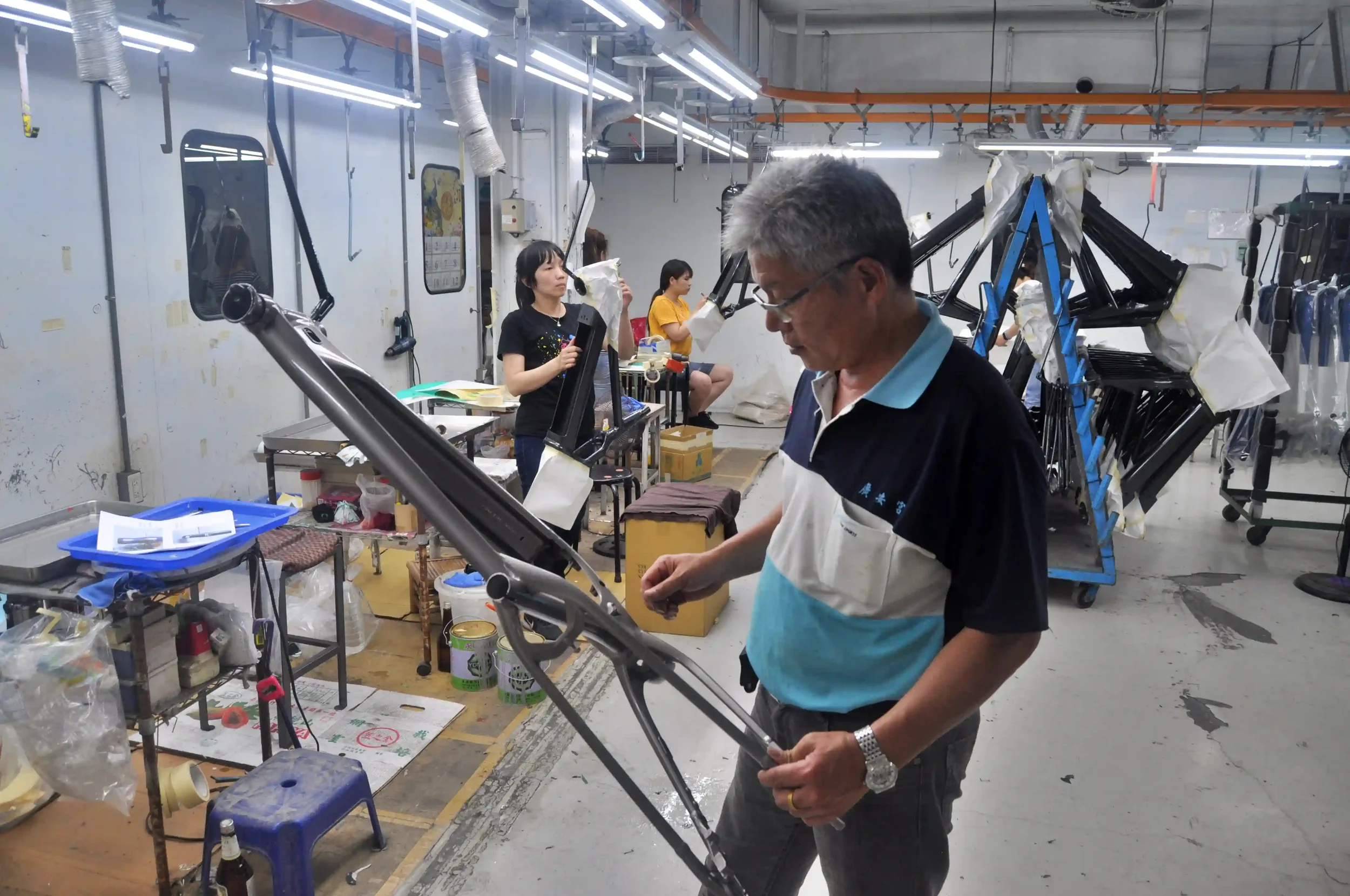What are the Advantages of Taiwan Bicycle and E-bike Manufacturing in 2025?
Taiwan has been at the forefront of bicycle manufacturing since the early 1980s, harnessing its expertise through the offshoring of American production for brands like Schwinn. This dominance in bicycle supply chain continued through the 1990s and early 2000s until production started trickling to China and then Southeast Asia. Today, after more than twenty years since losing a huge percentage of its high quantity entry level and mid-level price point bicycles to China, Vietnam, Cambodia, Thailand, and Indonesia - Taiwan has retained a significant hold to niche bicycles and high-end e-bike manufacturing. Why? What are the advantages of producing bicycles, e-bikes, and bike components in Taiwan if there are seemingly so many cheaper alternatives?
Quality Over Quantity
Taiwan is known for producing higher quality bikes compared to its counterparts in China and Southeast Asia. The main reason for this is simply because the bike supply chain in Taiwan is already well established, with some manufacturers well into its third generation of dominance or roughly 40 years of experience.
In the late 1990s and early 2000s, Taiwanese bike supply chain manufacturers followed in the footsteps of Taiwanese textile and footwear manufacturers by setting up even larger factories in China and Southeast Asia geared for mass production. China was then hit with anti-dumping tariffs for its bicycles to the European Union, that eventually also included electric bikes. This meant that China could only produce bicycles and e-bikes for non-EU markets, such as the United States, Canada, Australia, Japan, Switzerland, Norway, Russia, etc. As a result, bike production for the EU market quickly escalated in EU- preferential (zero duty) countries like Cambodia and Bangladesh.
Taiwan has largely benefited from these developments despite losing a huge percentage of its exports in the entry-level and mid-level price point segment because Taiwan-based component suppliers continued to produce for the overseas manufacturers, while upgrading its development capabilities. Taiwan-based bike frame and complete bike assemblers re-tooled their factories to focus on lower volume, high-end quality bicycle and e-bike production, retaining a firm grip on this segment for most of the global market, including the EU.
Supply Chain Efficiency
The heart of Taiwan’s bicycle and e-bike industry is located in the Taichung-Changhua metropolitan area, while the scooter and motorcycle industry is based in the south in Kaohsiung. This close proximity of almost every facet of bike production is simply unmatched at a global level. Even in China, with three separate major regions engaged in bike production, not a single region retains an all-encompassing supply chain required for manufacturing bicycles, e-bikes, scooters, or motorcycles.
Capacity, Capabilities, and Capitalization
Since the heyday of its mass production of entry-level bikes, capacity has largely remained open in Taiwan. Of course the COVID-19 era saw a significant lack of capacity, but that was because of unprecedented demand. These days, factories are in fact extremely underutilized as a result of the fallout from COVID-19 overproduction.
In addition to having an efficient supply chain advantage, bike industry manufacturers in Taiwan have honed their capabilities for producing bikes using different types materials (alloy, steel, chromoly, carbon fiber, magnesium, titanium, thermoplastics), ability to develop its electrical drivetrain components and batteries for e-bikes that are on par with European, Japanese, and Chinese competitors, and retained comparatively easy access to environmentally sensitive manufacturing processes such as anodizing, phosphate chemical treatments, ED treatments, and polyurethane application.
One of the least recognized advantages of Taiwan-based manufacturers is the fact that a majority of supply chain producers are very well capitalized. This is essential to maintaining buyer confidence and indicates the financial stability of the manufacturer. Company capitalization data are readily accessible online, whereas in other countries, this information is often undisclosed.
Transparency and Conduciveness
The government in Taiwan has been a tremendous supporter of its homegrown bike manufacturing industry through the years. The Taiwan External Trade Development Council (TAITRA) actively promotes the bike manufacturing industry through various means, notably facilitating the annual Taipei Cycle Show and sponsoring international buyers to visit the event.
A significant number of overseas bike industry companies and manufacturers have opened their own offices and production facilities in Taiwan to support their OEM sales and production or facilitate sourcing, procurement, quality control, development, and logistics. The huge number of local Taiwan-based operations and manufacturing conducted by drivetrain and components brand SRAM is perhaps the best example of this. Taiwan continues to attract foreign investment to its bike manufacturing industry even today, since the alternatives of having similar operations in China, for example, has never been readily practical and is becoming even less conducive due to political and economic tensions.
Government and financial transparency initiatives have fostered thriving democratic and judicial institutions in Taiwan that ultimately helps strengthen its bike manufacturing industry. For instance, companies engaged in typical Non-Disclosure Agreements can be assured that their compliant contract be recognized in Taiwan courts, design or functional patents will not be copied and reproduced for domestic registration (which is still an endemic problem in China), suppliers are unlikely to steal designs or product to use as their own catalog models. Export procedures and taxation are systematically efficient, ensuring compliance by businesses.
Import Duties
The import duties enacted by each major bicycle and e-bike market (United States, European Union, United Kingdom, Canada, Australia, Japan) on bicycles, electric bikes, components, and other cycling products have been relatively consistent, without any episode of anti-dumping or retaliatory measures in the past several decades. This means that the bike manufacturing industry in Taiwan is properly self-regulated, without any manufacturers improperly disrupting the market equilibrium of product pricing to their own advantage.
Current 2024 duties for bicycles and e-bikes from Taiwan to various markets according to the Taiwan Bicycle Association (TBA):
European Union: Bicycles 14-15%, E-bikes: 6%
United States: Bicycles 11%, E-bikes: 0%
United Kingdom: Bicycles 14-15%, E-bikes: 6%
Switzerland: Bicycles: Bicycles: 6.6%, E-bikes: 0.7-0.8%
Canada: Bicycles: 13%, E-bikes: 0%
Australia: Bicycles: 5%, E-bikes: 5%
Japan: Bicycles: 0%, E-bikes: 0%
South Korea: Bicycles: 8%, E-bikes: 8%


